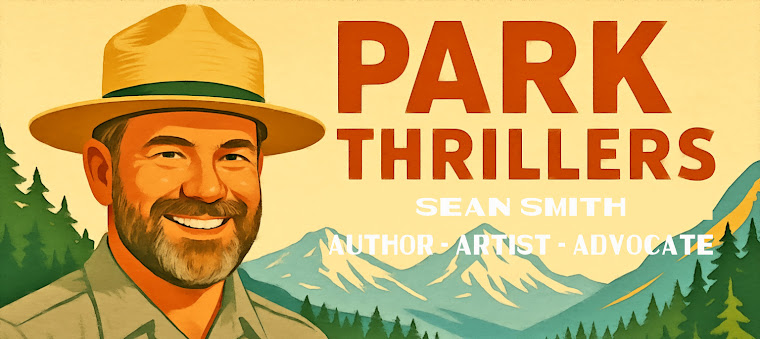U.S. Department of the Interior Secretary Deb Haaland recently visited Yellowstone to talk about park
funding and the impact record visitation is having on resources and experiences.
funding and the impact record visitation is having on resources and experiences.
Administration after administration is to be commended for continued support of national park funding, however its time to seize the opportunity to think bigger and begin nationwide conversations about both the national parks’ and the country’s future.
Safe places for conversations about our national purpose are needed now more than ever. These conversations could focus on where and what type of new parks should be established (including large natural parks), how national parks can help mitigate impacts from issues such as climate change, forest fires, drought, species loss, etc. They can also identify ways the parks can help tell a more inclusive story of our country. But perhaps most important, these conversations can identify opportunities where parks provide Americans with places to find common ground, share common experiences, and work toward common goals.
It's understandable administrations and members of congress advocate for funding for new trails, visitor centers, and campgrounds. It's a tried and true way to show the public one cares about parks. Supporting funding for national parks is as American as apple pie, baseball, and Chevrolet.
But advocating for more funding isn’t inspiring. It doesn’t touch upon those deep mythic themes of purpose that run through the hearts of many Americans and why many people go to the parks in the first place.
In my many years as a ranger, I met tens of thousands of visitors. I found that many come to the parks for that iconic once in a lifetime vacation, the chance to escape the stress and strain of everyday life. Yet many also come for the opportunity to connect and be part of something bigger than themselves. Americans come to parks for example to see the nation’s last free ranging bison herd, or the desk where Gen. Grant accepted Gen. Lee’s surrender, or the opportunity to stand for a day in the shadow of a tree that has stood in the same spot for a million days, or visit the camps where Japanese Americans were forcibly interned during World War II. The sites, ideas, values, and resources protected in our national parks allow all Americans to contemplate and be part of the larger experience that is the American experiment.
America needs agencies like the Park Service to not only provide shinny new visitors centers, but also start these conversations if for no other reason so that future Americans also have parks to enjoy, as well as the opportunity to be part of something bigger too.
#####
Sean Smith is an award winning conservationist and author. He is a former National Park Ranger at Yellowstone, Glacier, and the North Cascades. He is a TEDx speaker, and private pilot. He graduated from the University of Washington in 1989 with a degree in Political Science. He got his master's in Natural Resources Management from Central Washington University in 1996. He currently runs Washington State's efforts to reduce and eliminate toxic chemicals from consumer products and serves as the Mayor Pro Tem of Covington.
He has been writing stories and books since he was a child and currently writes national park thrillers from the shadow of Mount Rainier. All his novels can be found here: Mr. Sean D Smith






No comments:
Post a Comment